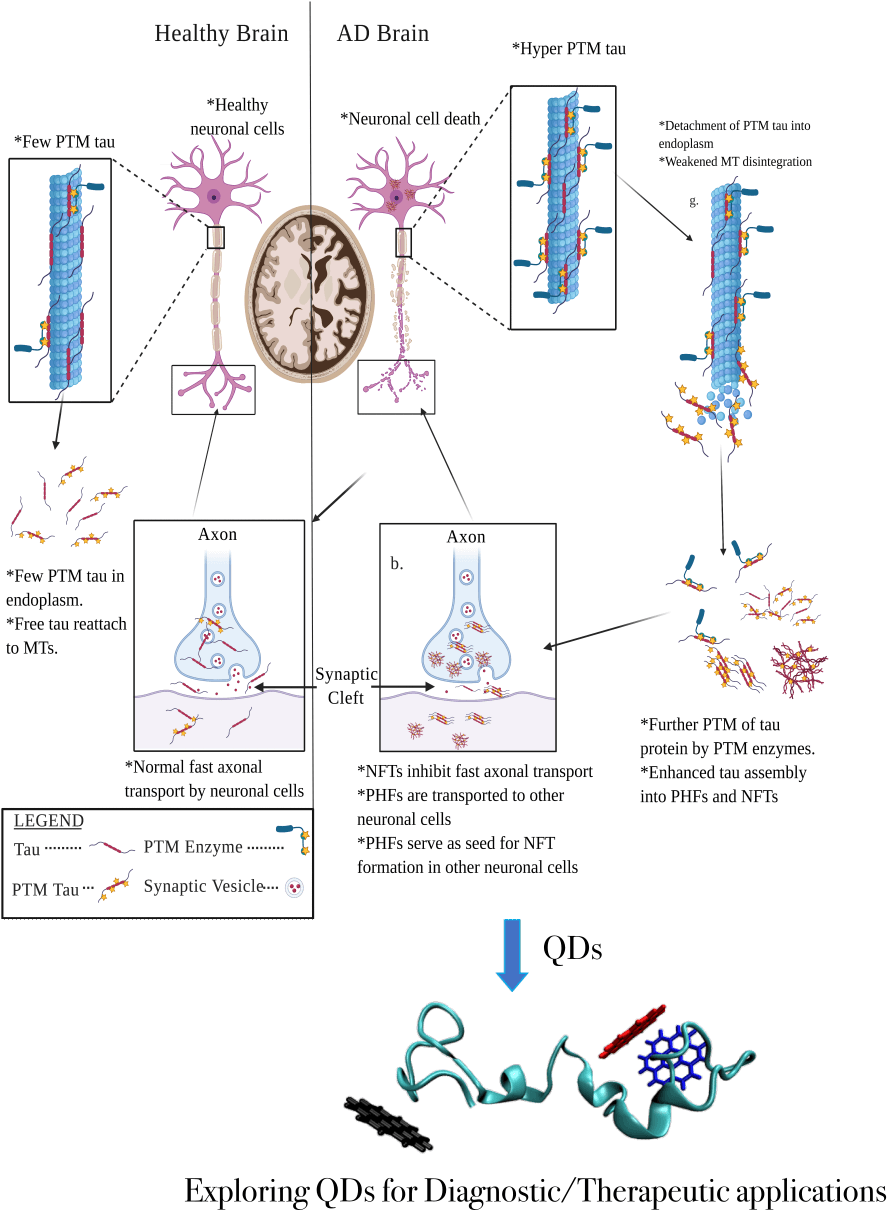Summary
Quantum materials that exhibit strong electron correlations lead to phenomena, such as superconductivity and topologically protected states, that are important for quantum computation, sensing, and other applications. For example, we may utilize symmetry protected topological states to make qubits that are robust against decoherence, while advances in high temperature superconductors may significantly reduce losses in power distribution. However, key gaps remain in our understanding of cuprates and other strongly correlated materials.
In this project we will develop an Angle Resolved Inverse Photoemission Spectroscopy (ARIPES) tool and use it to probe unoccupied electronic states of such materials. Our objectives are to identify the correct theoretical descriptions of cuprates and other correlated materials and search for hallmarks of topological materials, such as Dirac and Weyl nodes. Furthermore, with this tool we will produce momentum-resolved maps of the unoccupied bands. This project will develop Canada’s only operational ARIPES tool, and is expected to rapidly develop our understanding of quantum materials.

Figure 1. Ultra-high vacuum angle resolved inverse photoemission instrument in the Quantum Materials Spectroscopy Lab at the University of Waterloo
Related Content

Free-space Polarization-selective Microcavity based on Chiral Metasurfaces
Summary Developing a new type of Fabry-Pérot cavity that allows improved control of the atoms’ emission into the cavity mode will result in enhancement of the efficiency and fidelity of quantum state transfer from photons to atoms and back. This in turn can be used to improve the performance of quantum networks and repeaters, as […]
September 19, 2019

Applications of Neutron Interferometry and Structured Neutron Beams
Summary Neutrons are a powerful probe of matter and physics due to their Angstrom size wavelengths, electric neutrality and relatively large mass. In this project, we develop quantum sensors that exploit these attributes to increases the precision of measurements of fundamental forces and materials structure. With David Cory, Alexander Cronin of the University of Arizona, […]
July 31, 2018

Hybrid Quantum Materials towards Topological Quantum Computing
Summary Proximity engineered hybrid materials have shown promise for topological quantum information processing. This form of quantum computing provides a stable, error-tolerant approach for building scalable quantum information processors. Topological quantum computing relies on braiding non-Abelian particles, such as Majorana fermions, which do not exist in nature. One can however use materials engineering to […]
December 8, 2018

Identifying the Potential of Quantum Dots to Detect and Disrupt Tau Protein Aggregation in Alzheimer’s Disease
Specific tests for Alzheimer’s disease (AD) diagnosis are currently unavailable, despite AD being the leading cause of dementia. One hallmark of AD progression is the aggregation of tau proteins into paired helical filaments and neurofibrillary tangles, which is accelerated by the hyperphosphorylation of Tau proteins. However, the mechanism by which the hyperphosphorylated tau accelerates protein […]
March 27, 2023

